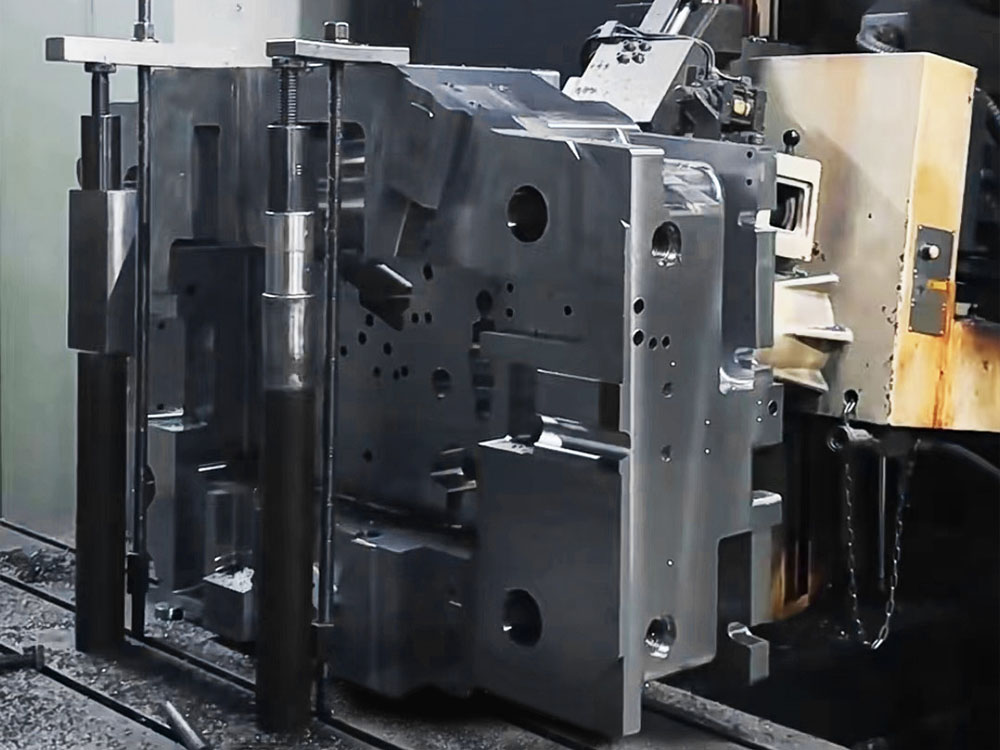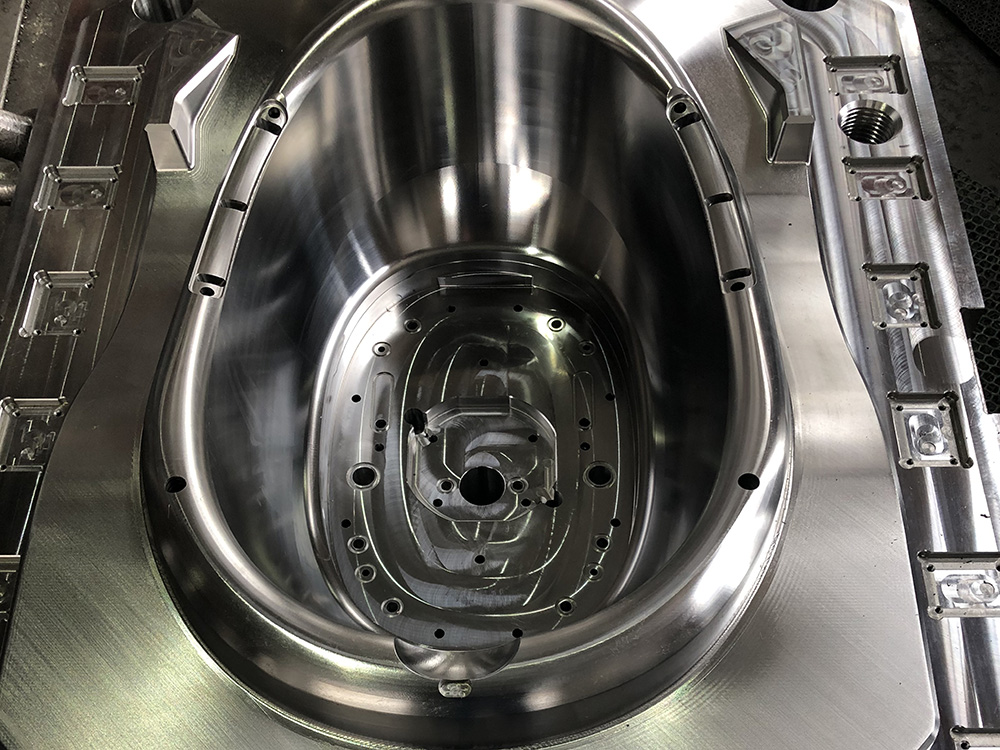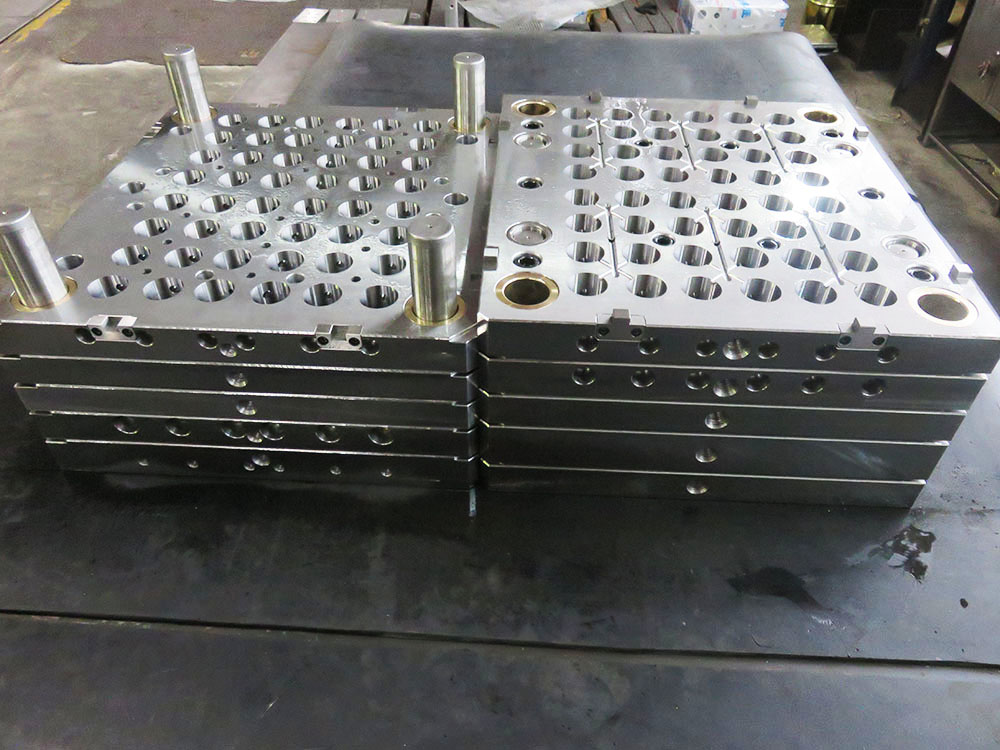The Job Responsibilities of a Project Manager in the Mold Base Industry
A project manager in the mold base industry plays a crucial role in overseeing and coordinating various aspects of a project. They are responsible for ensuring that the project progresses smoothly, adheres to deadlines, and meets the client's expectations. In this article, we will discuss the key job responsibilities of a project manager in the mold base industry.
1. Project Planning and Design
The project manager is involved in developing a comprehensive plan for the mold base project, considering factors such as scope, budget, and timeline. They work closely with the client to understand their requirements and translate them into an actionable project plan. This involves identifying the necessary resources, establishing project milestones, and creating a timeline for each phase of the project's lifecycle.
2. Resource Allocation
Effective resource management is essential in the mold base industry, and the project manager plays a pivotal role in this aspect. They are responsible for allocating the required resources, including personnel, materials, and equipment, to ensure the smooth execution of the project. The project manager oversees the procurement process, including vendor selection and negotiation, to ensure that the necessary resources are available when needed.
3. Team Coordination and Leadership
A project manager is responsible for leading and coordinating the project team throughout the entire project cycle. They assign roles and responsibilities to team members based on their expertise and skills. The project manager ensures effective communication within the team, promotes collaboration, and addresses any conflicts or issues that may arise. They also provide guidance and support to team members, fostering a positive work environment and ensuring the achievement of project goals and objectives.
4. Quality Control and Risk Management
Ensuring quality control is a critical responsibility of a project manager in the mold base industry. They are responsible for implementing and monitoring quality management processes and procedures to meet the client's specifications and industry standards. The project manager conducts regular inspections, audits, and tests to verify the quality of the mold base components and ensures any necessary adjustments or corrections are made.
Risk management is another important aspect of a project manager's role. They identify potential risks and develop strategies to mitigate them. This includes anticipating and addressing any technical, logistical, or external challenges that may arise during the project. The project manager collaborates with stakeholders and conducts risk assessments to create contingency plans and minimize project disruptions.
5. Budget and Cost Control
A project manager in the mold base industry is responsible for managing the project's budget and controlling costs. They work closely with the client, internal teams, and external vendors to ensure that expenses are tracked, monitored, and controlled effectively. The project manager reviews cost estimates, tracks project expenditures, and identifies areas where cost savings can be achieved without compromising on quality or project deliverables.
6. Project Documentation and Reporting
The project manager is responsible for maintaining accurate and up-to-date project documentation. They create and maintain project management files, including project plans, schedules, budgets, and progress reports. The project manager is also responsible for generating regular project status reports, which provide updates on project progress, milestones achieved, risks identified, and any other relevant information. Effective documentation and reporting help facilitate transparency, communication, and accountability throughout the project lifecycle.
7. Client Relationship Management
A strong client relationship is crucial for the success of any project. The project manager in the mold base industry acts as the primary point of contact for the client, ensuring open and clear communication. They regularly engage with the client to understand their expectations, address concerns, and provide progress updates. The project manager strives to exceed client expectations, foster trust and satisfaction, and maintain long-term relationships for future collaborations.
Conclusion
The role of a project manager in the mold base industry is demanding and multifaceted. They are responsible for project planning, resource allocation, team coordination, quality control, risk management, budgeting, documentation, and client relationship management. By effectively managing these responsibilities, a project manager ensures the successful execution and completion of mold base projects, meeting or exceeding clients' requirements and expectations.




